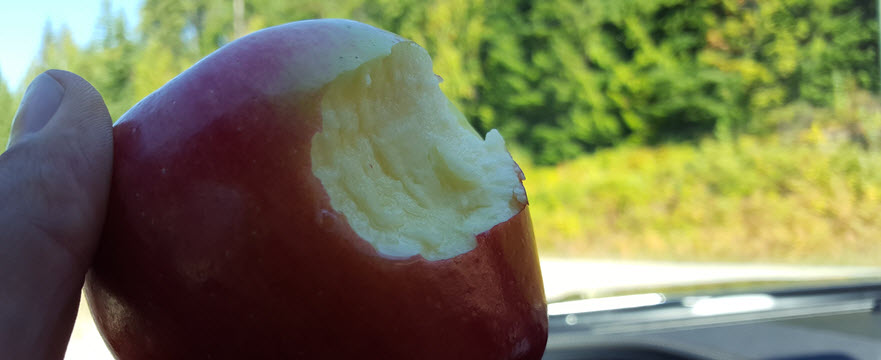You aren't the only horse: Why blockchains and cryptocurrencies will change the world for better or for worse


Blockchains and cryptocurrencies are changing and will change the world, for better or for worse.
Here's my hypothesis:
- We don't build things that follow the rules of nature.
- In nature, there are self-limiting factors built in.
- We are part of nature (lest we forget).

So here's a story to set the stage.
There once was a horse, whose full name was Camden, but everyone called him Cam. Cam came across an apple tree. Cam started to eat as many apples as he could.
Then all of a sudden John, Joe, Alen, Janice, Nickki, Trinkets, Jerry, Don, Peter, Henry, Bill, Mary, Jane, Joy, Star, Alex, Nimbus, Johnny and Gruff who were all part of Cam's herd caught wind of the delicious smell of apple juice dripping from Cam's mouth and suddenly in a, rushing frenzy, all the apples were gone.
As it turned out Cam got five and everyone else got, maybe three and little johnny, Jane's new kid only got one. It was so sad for Cam.
So the main reason I tell the story is that in natural systems, nature creates built-in limiters that prevent addictive behaviors. Only so many loaded apple trees per year.
So if you are an animal like in our story and you come across an a whole slew of apple trees and you have the propensity to be addicted to apples you most likely will never experience an addiction to apples because you aren't the only horse in town and there are not that many apples.
If you run around the countryside trying to get more apples you just won't be able to do it since you don't have any way to carry them. You can't eat them all. And the rest of your herd will most likely get in your face for being so selfish.
I think that we all need to consider how we build things. Like blockchains.
Imagine this.
We create a blockchain based Facebook. We all get to own our own data and we make lots of money, yay! and when people want to use our data they pay us for access at a fair price.
But what about this?
Say our whole social profile is built into the block chain. That thing we did 20 years ago is still there remembered and never forgotten. That thing we did is now used by the banks in their determination to extend to you some credit or by our govenment to determine our eligibility for a tax return. Or by our friends to determine our character. Or your employer to decide if you are a fit for their quest for an elitist company.
Think about it.
We need to understand the nature of nature before we go about creating immutable things that will hang around in our past like a bad memory. We also need to build in scarcity. I believe Mr. Nakamoto got that part right. But time will tell. But just because, Satoshi thought about this, maybe his assumption was that there would be only one blockchain. But as it turns out there's going to be tons of them, all devaluing each other. How's that all going to turn out? Just wait till one big rich dude starts playing with the currency. What will happen then?
Anyway. Lots to think about.
I recommend we all think long and hard, think about how this type of thing plays out in nature. There are so many levels of nature and in nature there is the recognition that things are connected to other things and in some cultures, there is even the concept of forgiveness built into the cultural fabric.
In the Jewish culture, for example, there was and maybe there still is. the idea of 7 years of debt forgiveness and after 50 years land that was taken over due to indebtedness had to be given back to the family to whom it was entitled.
This way nothing could spin out of control and into the control of a few.
We need ideas like these built into our block chains.
Here is a book that is worth a read. It devels into this idea of how the law is not an immutable thing, but an agreement.
The law, it is a part of nature the comes out of nature and nature changes based on how we interact with each other and if we think a law is immutable, it really isn't. At one level it can change once the agreement that created it changes. There are of course fundamental laws that do not seem to change. But that could also be debated.
The Ecology of Law: Toward a Legal System in Tune with Nature and Community
Let me know what you think.
Luke
